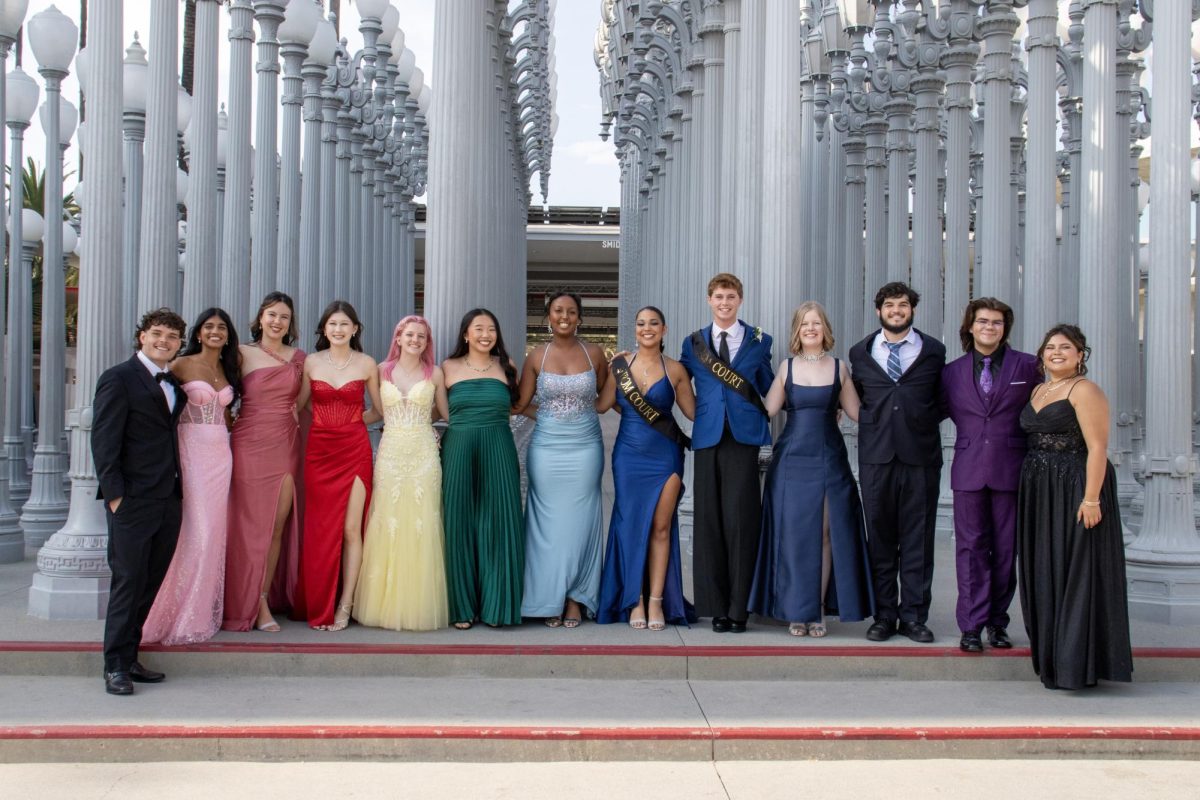Operation “Varsity Blues”: An Update
October 22, 2019
Eight years, eight months, and thirteen days. That’s how long it took to completely uncover the trail of lies. Eight years, eight months, and thirteen days of research, investigation, half-truths, blatant lies, and millions of dollars. But what started it all?
Beginning in 2011, the infamous college scandal — dubbed Operation “Varsity Blues” by the Justice Department — began to unfold. Over the course of the last eight years, more than four dozen parents have been linked to the scandal, accused of paying their children’s way into prestigious universities. Some faked athletic credentials, staging photographs of their kids playing sports most had never heard of. Others devised intricate plans to change standardized test scores. For some, it was flat-out bribery. Between 2011 and 2018, 33 of the alleged were accused of paying a total of $25 million to Wiliam Rick Singer, the “CEO” of the scandal.
Today, six of the accused have been convicted, the first being Desperate Housewives star Felicity Huffman. Lucky Friday the 13th of September brought Huffman face to face with her fate, as she was sentenced to two weeks behind bars, 250 hours of community service, and fines totaling $30,000. For some, the punishment wasn’t enough. High schoolers currently amidst the college application process see the situation from the perspective of someone ultimately cheated by Huffman’s actions.
Katelyn Nimsky (12) voiced her opinion on the overall outcome, explaining that she “[thinks] that the people who orchestrated this whole thing deserve more than some fine that is like pocket change… . It’s not fair that all these parents have to do is write a check that’s less than they would have ended up paying for college tuition had their child actually gotten accepted.”
Most of Huffman’s partners-in-crime, however, were charged far more than pocket change, having to pay just as much as they originally had to cheat their way into elite schools. Devin Sloane and Stephen Semprevivo, the second and third parents to be sentenced, will each spend four months in prison, the latter having to pay an additional $100,000. Similarly, the fourth parent, Gordon Caplan, received a one-month sentence and will be choking up $50,000. Additionally, he will serve over 200 community service hours.
Hannah Logo (12) agrees with Nimsky, stating that “What they did was truly wrong and unfair to the qualified candidates who worked so hard to try to get into universities.”
However, though their actions were unfair, some of the sentences were far more severe than the first four, fifth parent Agustin Huneeus being given five months and 500 hours of service. Regarding more extreme sentencing, some students — though they may feel cheated as well — disagree with the penalties awarded.
Jessica Perez (12) voiced her concerns, looking at the issue from a different angle. “Although what they did was terrible, I don’t think any of them are terrible people… They were really just parents looking out for their kids. Of course it’s completely unfair but many parents couldn’t say that they wouldn’t have at least thought of doing this had they had the money to do so.”
After the sixth and seventh parents were convicted just this week, the District Judge handling most of these cases, Indira Talwani, announced that six more sentences will be awarded this month. Being the largest case of its kind to be prosecuted in the U.S., cheated high schoolers and concerned citizens alike can rest easy knowing that the Justice Department has uncovered and taken care of those assumed to be above the law.



